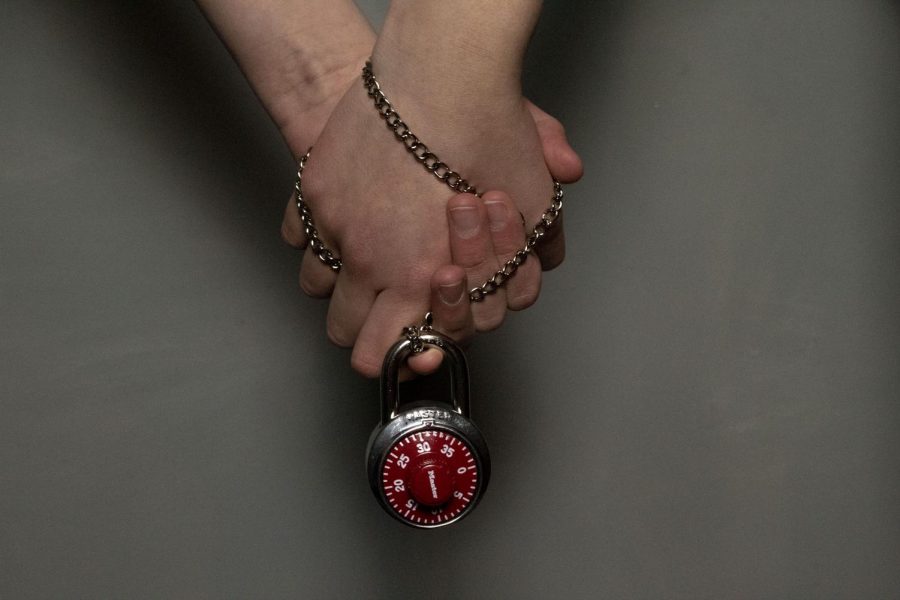As time ticks by, the evolution of relationships between two souls develops. Every passing minute, people change: “From strangers to friends, friends into lovers and strangers again,” as quoted by British singer-songwriter Celeste. It seems to hold constant throughout society, dating back to the Greeks and Trojans. The cycle appears to be unbreakable.
From an Instagram poll posted to the public asking the question, “Have you ever been a victim of manipulation from someone close to you?” 73% answered with yes, while 23% responded with no. The data is significantly unbalanced, favoring the side of multiple victims of manipulative connections.
Psychology, AP Psychology and law teacher Anton Borchert witnesses relationships heading straight for rock bottom. But, there are two types of manipulation: overt and covert, the latter being notably more dangerous than the former.
“Overt manipulation, where it’s obvious, very clear that I’m telling you what I want you to do,” Borchert said. “And then there’s covert manipulation. It’s more damaging because we don’t see it; we don’t feel it, but it’s happening.”
Along with covert manipulation, there are subcategories like gaslighting: a tactic where a person makes a victim question their reality to gain more power.
“And so you don’t see it; all you see is this loving individual who cares about every aspect of [your] life,” Borchert said. “Before you know it, they’re in your head, and you can’t get them out.”
Junior Kayla Jackel experienced a relationship where her former friend tried to dictate decision-making. As a result, drama transpired and plenty of miscommunication; the outcome: a disentangled friendship.
“At the moment, we don’t talk at all and are just people that go to the same school that had a past,” Jackel said.
Outside the walls of the high school, a manipulative relationship exists in senior Bryanna Self’s life, stemming from when she was a little girl. But, it does not surround the ideology of a perfect friend.
“[My grandma] twists everything to make things go her way just to get a reaction out of me, as well as to ‘put me in my place,” Self said. “She would basically tell me that I was an awful person, daughter and granddaughter because I wouldn’t do something as simple as bringing her the TV remote.”
Manipulative tendencies are not always intentional; sometimes, more often than not, the person has become corrupt due to personal events.
“People, when they use [manipulation], all of us go with the former definition like ‘Oh my God, so they’re a jerk,’” Borchert said. “But not all the time. Sometimes they’re just hurting so badly that they’re trying to get an element of control.”
When control takes over an individual, it is not always evident as portrayals in entertainment with abusiveness or violence. It can be unrecognizable, hidden beneath the surface. So, protecting against it almost seems impossible, but there are ways to discover the truth: question their reciprocation and ask those who are trustworthy.
Manipulation, a real-world matter dealing with mental health that falls off the radar of pressing issues: relationships full of toxicity recur throughout history. Fixable equals impractical if a light is not shed on the minuscule issues, starting here at Antioch Community High School.








